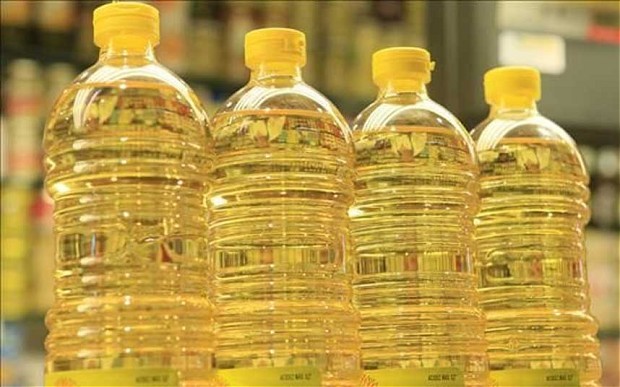
By Freeman Makopa
The Oil Seed Association of Zimbabwe (OSAZ) says it will this year set up a universal oil processing plant with the capacity to produce more than 280 million litres of cooking oil annually from soya beans and sunflower.
OSAZ communications and marketing officer Lewis Ngoshi told Standardbusiness that construction of the plant was targeted at alleviating edible oil supply gaps and enhancing value addition in the country’s oil seed value chain.
“We are set to start the process of setting up the universal processing plant on March 14 this year and the whole project will cost $ 160 million,” he said.
“We are happy to say the plant will have the capacity to process 2 000 tonnes of raw materials per day.
“This means it will produce 289 million litres of oil per year.
“It will also produce 417 000 tonnes of sunflower and soya cake, which is used for stock feeds. The plant will require 720 000 tonnes of raw materials per year.”
Ngoshi said in the past they used to send their soya beans to the Grain Marketing Board (GMB) for processing.
- Chamisa under fire over US$120K donation
- Mavhunga puts DeMbare into Chibuku quarterfinals
- Pension funds bet on Cabora Bassa oilfields
- Councils defy govt fire tender directive
Keep Reading
This year OSAZ anticipates to generate revenue of $60 million after it placed 15 000 hectares under sunflower, which is expected to produce 38 000 tonnes of sunflower seed.
“OSAZ has been critical in supporting the revitalisation of oil seed farming in the country following a $120 million irrigation facility for oil seeds producers to enhance productivity and provide stability to the oil extraction production chain for the next five years launched in 2017,” Ngoshi said.
Zimbabwe has been failing to meet its cooking oil demand due to low production of oil seeds.
Current production of oil seed stands at about 37 440 tonnes against national demand of about 600 000 tonnes.
Currently the country spends about $250 million on crude oil and soya bean imports annually.











